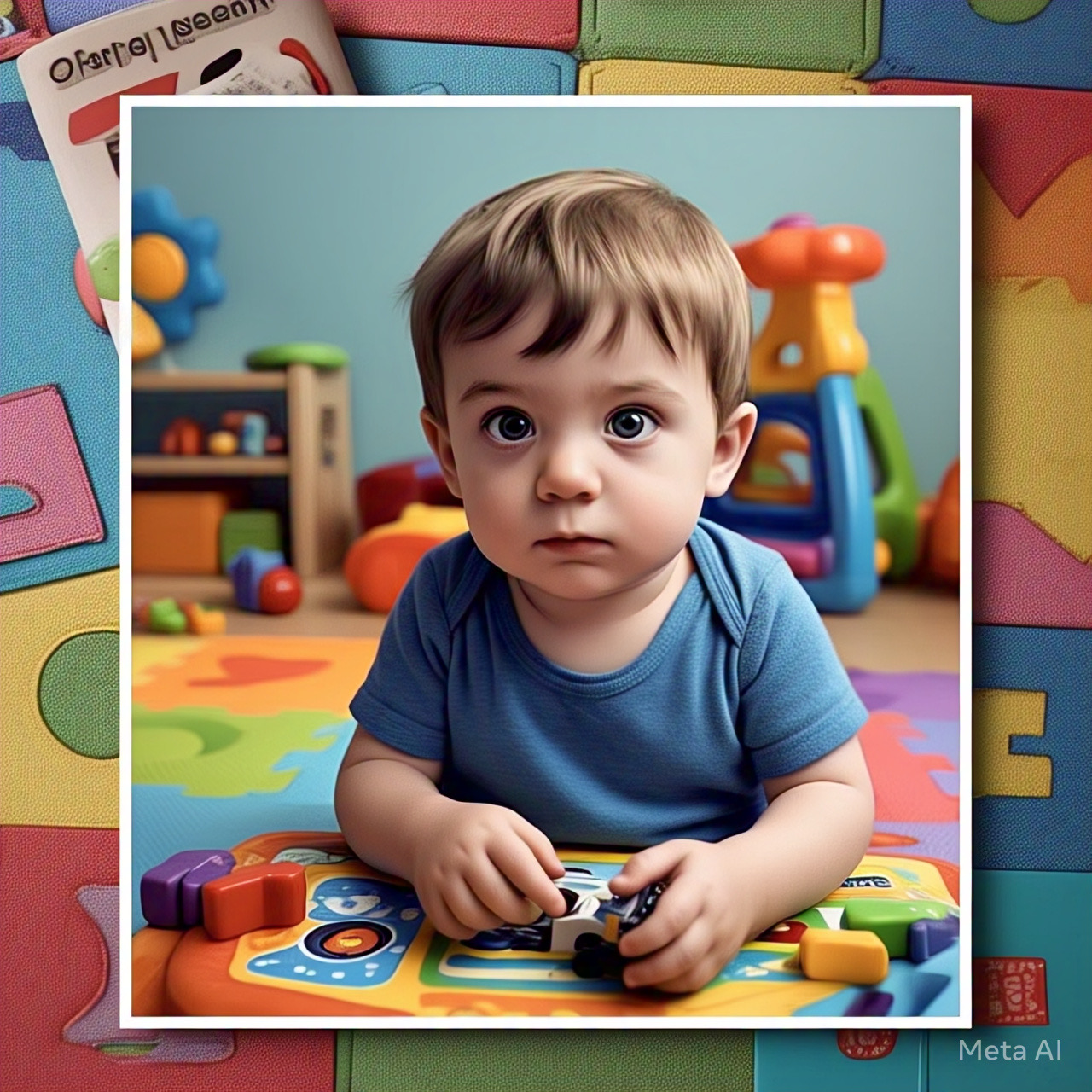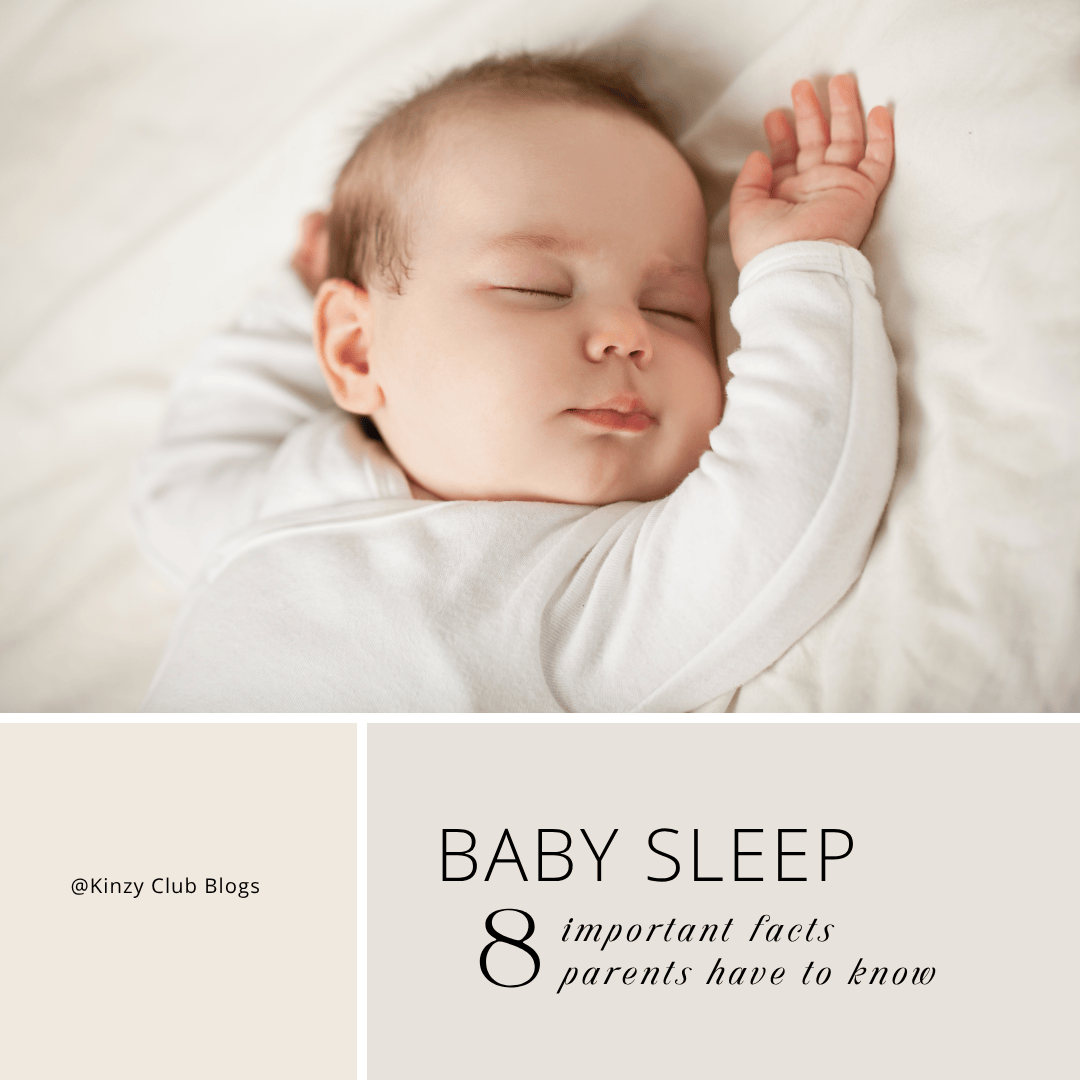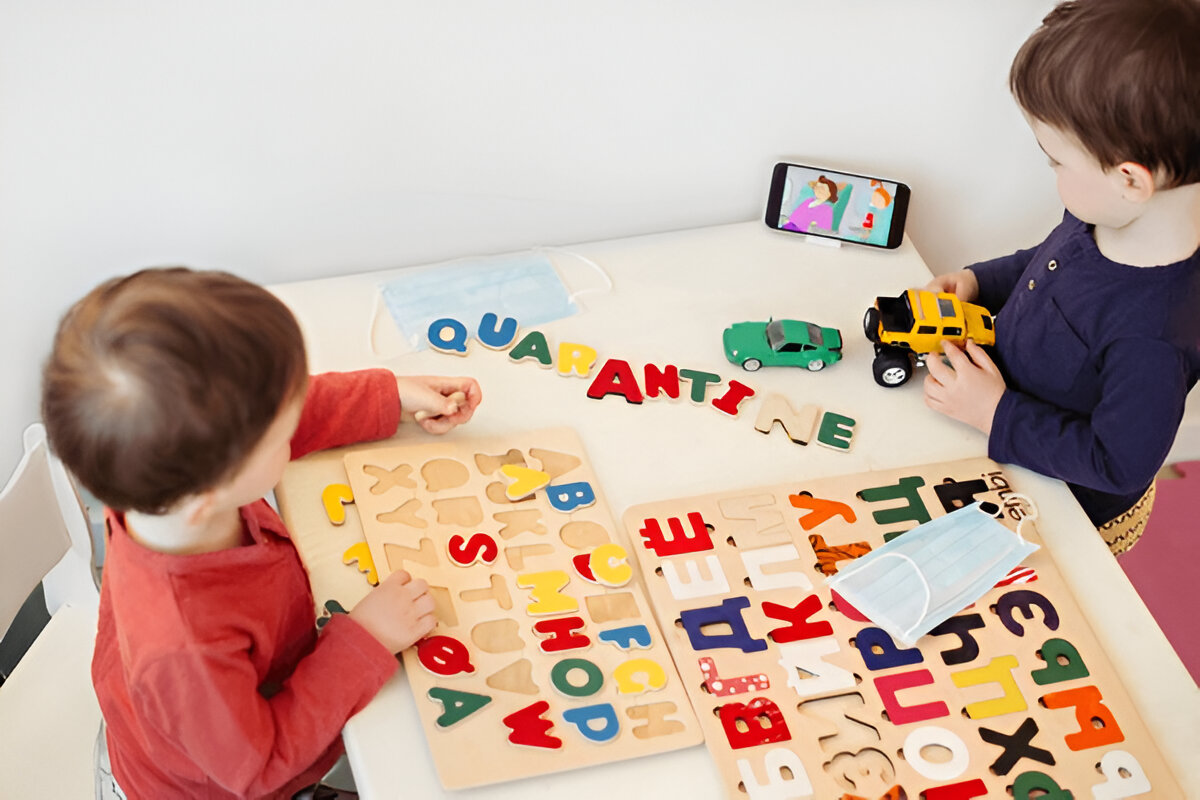Every parent tries their best to make sure their child achieves their developmental milestones. If your child is behaving differently from other children their age, you might now be asking yourself, At what age is autism usually noticed? Early identification of these signs is useful in pursuing timely intervention. This guide will highlight the most accurate measures for establishing and diagnosing autism in young children with their symptoms.
Here is the signs of autism parents needs to notice in their children for early detection of the Autism :
1. Delayed Speech and Language Development
One of the most common concerns of parents is speech delay in toddlers . For 12–18 months, most children begin to say simple words such as “maternal uncle” or “grandfather”.
However, there may be toddlers on the autism spectrum
– Don’t speak at all or there are very few words
– Lose words they used earlier
– Instead of creating new sentences, use a repetitive language (Ecolia)
If your child is not talking to age 2 or showing difficulty in communicating, it can be a red flag
2. Eye contact and lack of social engagement
Toddlers are naturally social, they smile at their parents and respond to their names.
A child showing Signs of autism may:
– Avoid eye contact
– Do not answer his name for 9-12 months
– Like to be alone instead of engaging in social sports
– Show limited interest in playing with others.
If your child is not interested in social interaction, it is important to discuss these signs with the doctor. Refer this article to assess social behavior of your toddlers
3. Repetitive Behaviors and Restricted Interests
Does your toddler engage in repetitive movements or focus intensely on certain objects? Repetitive behaviors in autism can include:
– Hand-flapping, rocking, or spinning in circles
– Lining up toys instead of playing with them
– Being fixated on specific topics or objects (e.g., wheels, numbers)
These behaviors may seem harmless but could be a sign of autism spectrum disorder (ASD) if they persist.
4. Sensory : Over or Under-Reactive
Many toddlers with autism have unusual reactions to sensory inputs. They probably:
– Cover their ears due to sensitivity to loud voice
– Avoid some texture in food or clothes
– Look for sensory stimulation, such as spinning or touching various surfaces
– Do not show any response to pain or change in temperature
If your child is highly sensitive or feels indifferent to their surroundings, it may indicate sensory processing issues in autism
5. Duplicate and difficulty with drama
By 18 months, most toddlers begin to imitate others and engage in Pretend Play such as feeding a doll or draining a car. Following could be the indications that the child may have autism:
– Do not copy gestures like waving or clapping
– Show very little interest in imaginative drama
– Prefer repetitive tasks on interactive activities
Lack of copying may be a sign of delayed social development in toddlers
6. Unusual Emotional reactions
Many children with autism struggle with expressing and understanding emotions. You can see that your child:
– There is consecutive meltdown on small changes in routine ,
– Conflict with emotional regulation, Specific emotional reactions do not show (eg, when someone leaves parents or does not get returns you don’t see any reaction)
If your child is emotionally disconnected or has extreme reactions, it may be worth discussing with a specialist.
Last Thoughts
When should parents be worried? It is important to remember that every child develops at its own speed. However, if you notice several initial signs of autism ,consider speaking with your pediatrician. Initial diagnosis and intervention, such as speech therapy and professional therapy , can significantly improve the results.





